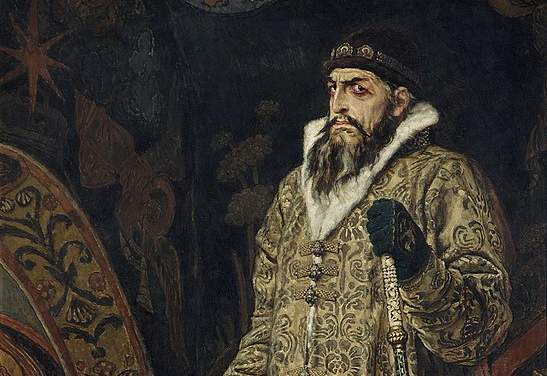- 3-minute read
- 6th June 2020
5 English Words with Russian Origins
Today, 6 June, is UN Russian Language Day and the birthday of Alexander Pushkin, the poet, playwright, and novelist. And to mark this, we’re taking a look at five interesting English words that come from Russian. How many of these words have you used in your writing?
1. Balaclava (A Knitted Head Covering)
A balaclava is a covering for the head and neck, often made from wool. Balaclavas usually expose only the eyes and mouth, so people use them for warmth, safety, or even to conceal their identity.
The word comes from the Crimean War, where the British wore knitted headgear to keep warm during the Battle of Balaclava.
2. Tsar (A Ruler or Leader)
‘Tsar’ (also spelled ‘tzar’ or ‘czar’) was the title given to a male Russian ruler before the 1917 revolution. In English and modern Russian, meanwhile, it refers to a powerful person in business or politics, especially someone a government appoints to oversee a particular issue (e.g. a ‘drug tsar’).
The English spellings of ‘tsar’ vary because the word is translated from the Cyrillic alphabet. And the Russian word ‘tsar’ actually comes from the Latin Caesar, a title given to Roman emperors after Julius Caesar.

3. Mammoth (Huge)
‘Mammoth’ has two key meanings in English:
- As a noun for a type of large hairy elephant that is now extinct.
- As an adjective that means huge (e.g. ‘a mammoth task’).
The word came from the Russian term for ‘mammoth’ (mamant). This led to people using ‘mammoth’ in English to refer to several elephant-like mammals in the early eighteenth century. It was only in the nineteenth century that people also started using it metaphorically to refer to anything massive.
Find this useful?
Subscribe to our newsletter and get writing tips from our editors straight to your inbox.
4. Agitprop (Political Propaganda)
Agitprop is political propaganda spread through art, literature, and films. The word is a portmanteau of agitatsiya (meaning ‘agitation’ in English) and propaganda (meaning, as you may have guessed, ‘propaganda’).
It first arose as a shortened name for the Department for Agitation and Propaganda, a section of the Communist Party in the Soviet Union.
5. Pavlova (A Ballerina’s Dessert)
Anna Pavlova was a ballerina who set up her own company and performed across the world. And what better way to commemorate this than with a dessert made of meringue topped with fruit and cream?
Yes, the dessert now known as a ‘pavlova’ takes its names from a famous Russian ballerina. It was created to honour her after she toured Australia and New Zealand in the 1920s. Australia and New Zealand still argue over which country invented it, though the OED has ruled in New Zealand’s favour.

(Photo: ponce_photography)
Did you know these words had Russian origins? And do you know any others? Let us know in the comments! And if you would like your work proofread by the language experts, we can help!